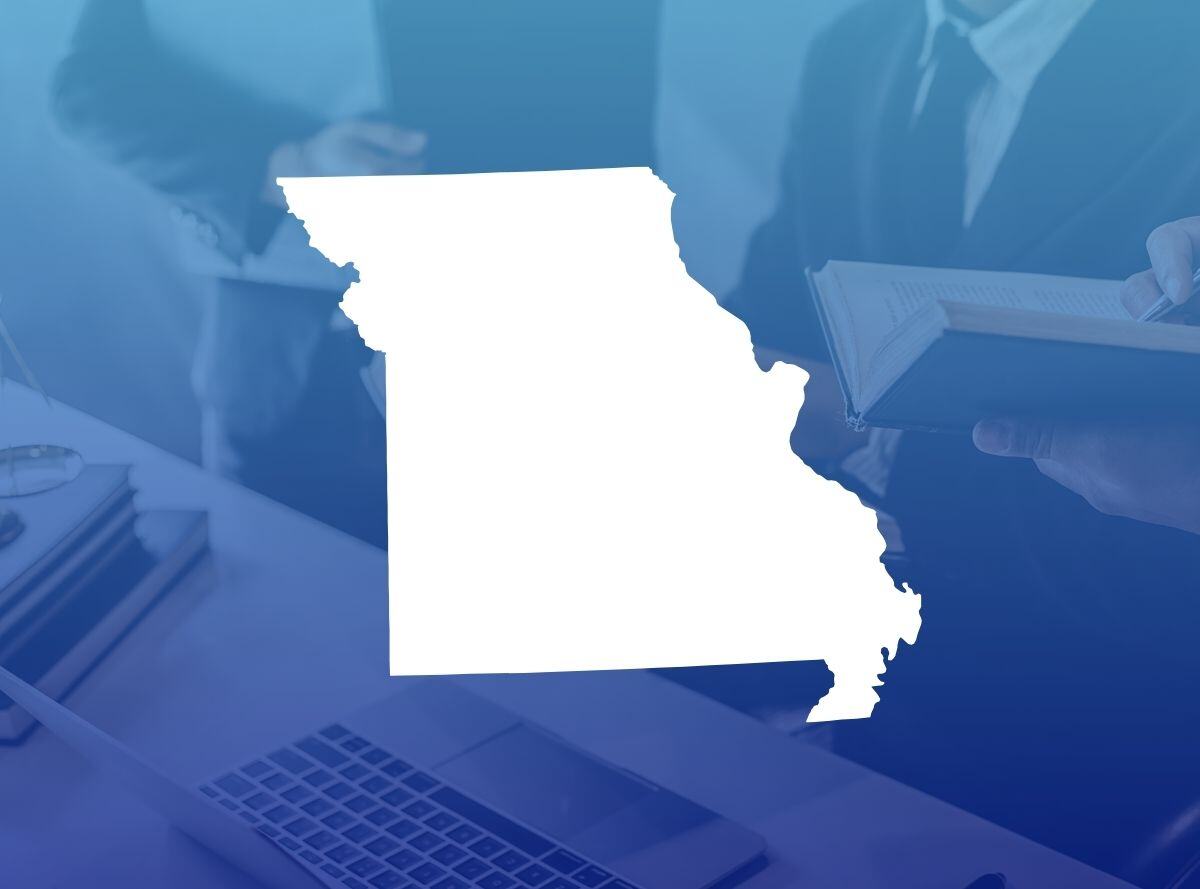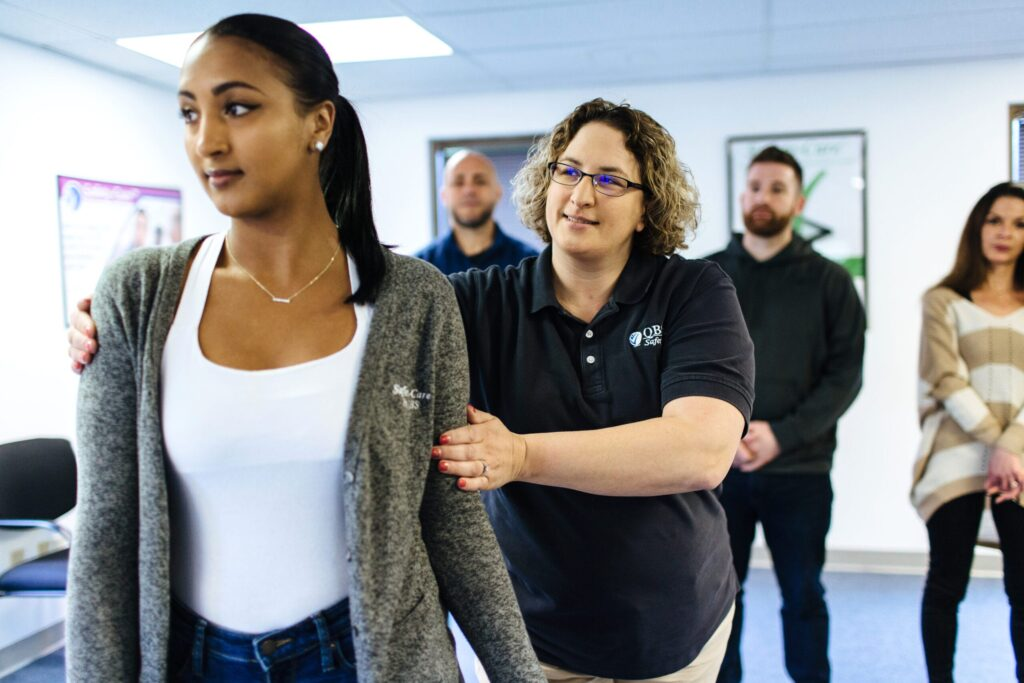Missouri HB 432 – Use of Restraints on Students
The State of Missouri passed House Bill 432 in 2021. This legislation set new guidelines on the use of restraints when working with students in schools. Below is a summary of the effects of HB 432 as well as information on how Safety-Care can be used to help ensure the safety of staff and students.

.png?width=88&height=95&name=Group%20137%20(5).png)


How to Implement Safety-Care?
1. Register for a Safety-Care Trainer class or call us to request a closed session for your organization. We regularly conduct classes in all 50 states and Canada.
2. Complete your class to become a certified Safety-Care Trainer for your organization. We bring you to fluency using an errorless teaching methodology.
3. You train and certify your staff in Safety-Care’s effective techniques.
4. Our Master Trainers are available by phone, email, or video to help your organization with any questions or concerns while using or implementing Safety-Care.

Legal Requirements
|
Summary: Effective: June 24, 2021 Last Updated: December, 2024 The State of Missouri passed House Bill 432 in 2021. This legislation set new guidelines on the use of restraints when working with students in schools. Below is a summary of the effects of HB 432 as well as information on how Safety-Care can be used to help ensure the safety of staff and students. How Safety-Care aligns: Numerous education organizations throughout the United States and Canada rely upon QBS and our Safety-Care training to provide their staff members with the training they need to help maintain a safe and healthy environment. Safety-Care provides a comprehensive, supportive approach to incident prevention, de-escalation, and management. Your Staff will learn practical strategies for helping students that use evidence-based practices consistent with PBIS (Positive Behavior Interventions and Supports) and ABA (Applied Behavior Analysis). |
|
3. For all school years beginning on or after July 1, 2022, no school district, charter school, or publicly contracted private provider shall use any mechanical, physical, or prone restraint technique that: (1) Obstructs views of the student’s face; |
|
5. Before July 1, 2022, each school district, charter school, and publicly contracted private provider shall ensure that their written policy that addresses the use of restrictive behavioral interventions requires the following: (1) Any student placed in seclusion or restraint shall be removed from such seclusion or restraint as soon as the school district, charter school, or publicly contracted private provider determines that the student is no longer an imminent danger of physical harm to self or others; |
Why Safety-Care?
Benefits & Differentiators
In addition to Safety-Care being highly cost-effective, you get:

Skills to effectively prevent, minimize, & manage behavioral challenges with dignity, safety, & the possibility of change

Decreases in staff and patient injuries and reduction in restraint & seclusion time

Instructional procedures based on decades of evidence-based research & compatible with ABA, PBIS & reinforcement-based environments

Customizable program for your setting, staff & clientele, with a strong focus on preventative via non-intrusive, replacement behaviors

Extremely rigorous standards grounded in errorless teaching methodology

Small, intimate class sizes backed by unlimited support & resources
How Is Safety-Care So Effective?
A Genuine Focus on Implementing & Managing Positive Behavioral Skills
Proactive, environmental management recommendations
Understanding of evocative effects of staff behavior
In-depth analysis of antecedents and proactive antecedent interventions
Evidence-based reinforcement procedures
Required competency in de-escalation skills
Humane, non-invasive touch and QBS Check™ strategies
Evidence-based teaching procedures
Applicable to a wide array of settings, conditions & challenging behavior





